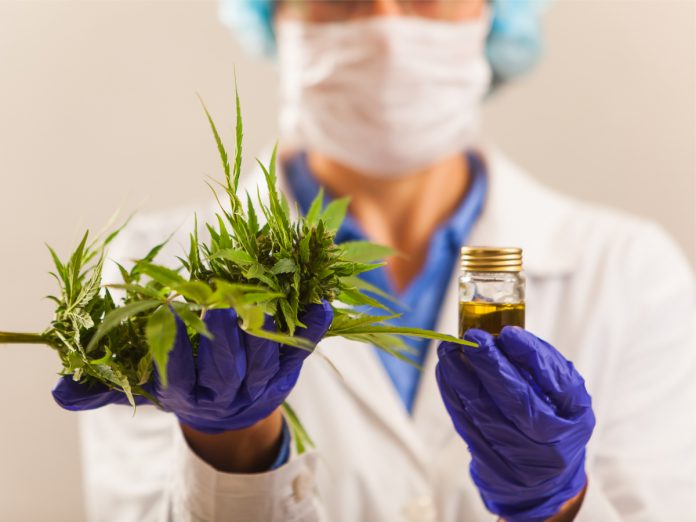Although the cannabis reform movement has made incredible strides over the past 25 years, our industry and the medicinal potential of the plant are still not recognized at the federal level. The COVID-19 pandemic is drastically altering our lives but difficult times are able to expose many truths, including the understanding that legalization and safe access to cannabis is critical, especially during a crisis.
Thankfully, many states already have come to the realization that cannabis, especially medicinal use, is not a luxury but a necessity. Although states are restricting access to public places and prohibiting gatherings, many governors have designated cannabis dispensaries as an “essential service.”
This presents a rather interesting question. How is cannabis a Schedule I substance under the Controlled Substances Act, viewed by federal officials as having no medicinal value and carrying the same dangers as heroin or LSD, while states believe we cannot effectively weather the coronavirus pandemic without it?
While most of us within the cannabis industry figured out a long time ago that the federal stance on cannabis is unsustainable, will this new reality finally be the tipping point in the push to legalize cannabis federally?
“Opponents of federal legalization are likely to argue the categorization was merely a natural extension of the law in states that have already legalized medical marijuana to treat certain conditions, and that the uniqueness of the COVID-19 situation limits the ‘essential’ designation to that very urgent and unprecedented fact pattern,” Seth Goldberg, attorney and partner at Duane Morris LLP told mg.
How is cannabis a Schedule I substance under the Controlled Substances Act while states believe we cannot effectively weather the coronavirus pandemic without it?
The “essential services” designation may not be a magic bullet that instantly reverses federal policy, but Goldberg does still believe it could be useful to the reform movement overall.
“The “essential” designation will likely be another arrow in the quiver for litigants looking to expand their access to medical marijuana, and under the right fact pattern could hold sway,” Goldberg said. “The designation of medical marijuana as “essential” could also be something states that have not yet legalized, and have been considering, may take notice of.”
Whether or not it is realistic for our economy to come back online soon with so many lives on the line, as some politicians and business leaders are advocating for, cannabis may offer economic activity while most other industries have essentially been frozen.
It is clear the momentum for legalization is greater than ever.
“During this crisis, the designation has allowed states to continue to provide therapies to patients in need, while also keeping cannabis operators working and getting paychecks, and generating much-needed revenues for the state,” Goldberg said.
The cannabis industry was formed on the community level, by those who believed that safe access should be available to everyone. Even if federal agencies and courts will not immediately endorse changes to their policies, it is clear the momentum for legalization is greater than ever. Our industry and community have always put themselves at risk, often being jailed for providing relief. Now, members of our industry are risking their personal health to ensure relief remains available and will serve as a glowing example of why the federal government will have no choice but to acknowledge the benefits of this wonder plant.











